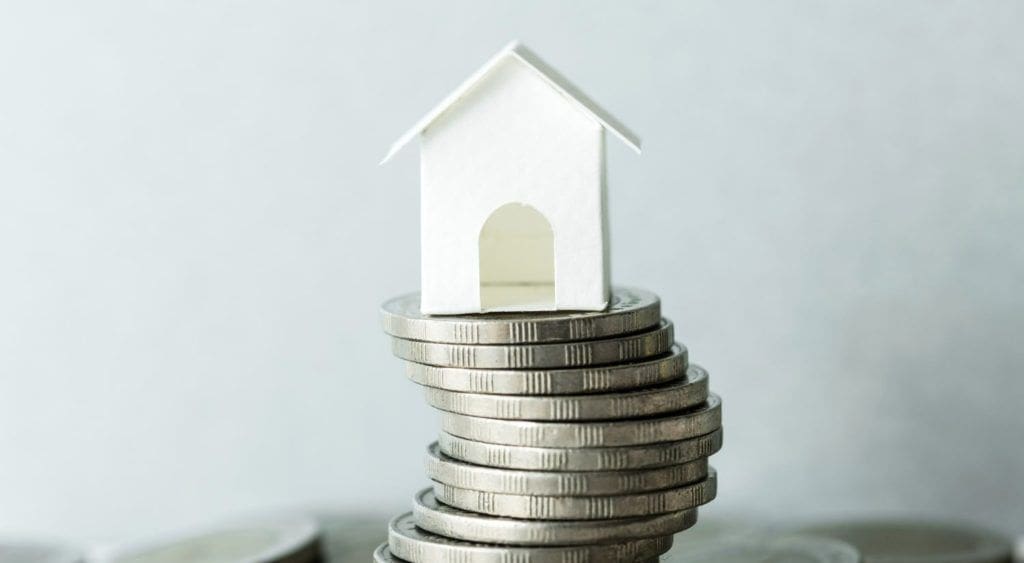Mortgages can be a maze to figure out what works best. Every single mortgage application has unique differences and intricacies that, for first-time buyers, can feel like a shock.
A mortgage isn’t something to rush out. It should be thought out so you can be confident in your decision and better understand any potential advice you’ll be given (and trust us, you’ll get plenty from family and friends).
So what should you keep an eye out for when researching, and what should be considered a warning? Let’s look at some of the DOs and DON’Ts of saving for a mortage.











